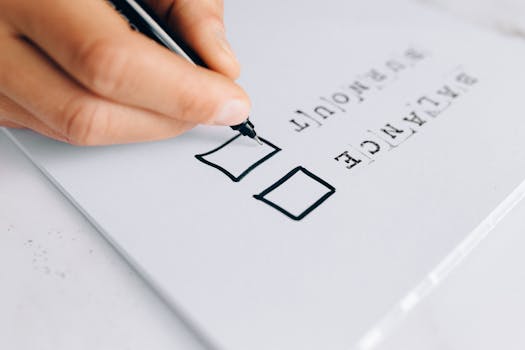
Introduction

In today’s fast-paced world, effective time management is essential for achieving our goals, reducing stress, and improving overall productivity. The complexity of balancing professional responsibilities, personal commitments, and leisure time can often lead to feelings of overwhelm. However, utilizing strategies for better time management can help pave the way to efficiency and success.
Understanding Time Management

Time management refers to the process of planning and exercising conscious control over time spent on specific activities. Good time management enables an individual to complete more in a shorter period, lowers stress, and leads to career success. By prioritizing tasks, setting clear goals, and implementing better planning techniques, one can accomplish objectives more effectively.
Strategies for Effective Time Management

1. Set Clear Goals
The foundation of effective time management starts with setting clear, measurable goals. This involves both short-term and long-term goals, which can guide you in organizing tasks based on importance and deadlines. Use the SMART criteria (Specific, Measurable, Achievable, Relevant, and Time-bound) to outline your objectives clearly.
2. Prioritize Tasks with the Eisenhower Matrix
The Eisenhower Matrix is a useful tool for prioritizing tasks based on urgency and importance. The matrix divides tasks into four categories:
- Important and Urgent
- Important but Not Urgent
- Not Important but Urgent
- Not Important and Not Urgent
By categorizing tasks this way, you can focus on what truly matters and reduce time spent on less significant assignments.
3. Use a Time Management Technique
Employing various time management techniques can help enhance your productivity.
- The Pomodoro Technique: Work for 25 minutes and take a 5-minute break. After four sessions, take a longer break (15-30 minutes).
- Time Blocking: Allocate specific blocks of time for different tasks or events throughout your day.
- Getting Things Done (GTD): Capture all your tasks and ideas in a trusted system or tool, breaking them down into actionable steps.
4. Limit Distractions
Tech distractions can heavily undermine efficient time management. Identify your biggest distractions and take steps to minimize them;
- Limit social media use while working.
- Create a dedicated workspace to maintain focus.
- Leverage apps or tools that enhance concentration and help during focused sessions.
5. Reflect and Adjust
Regularly reflecting on your time management practices allows adjustments and improvements to occur. This should include periodic assessments of goals and strategies to determine what is working and what isn’t. Make it a habit to weekly or daily allocate time to review what you’ve accomplished and plan for the next period actively.
Takeaways

- Prioritize important tasks over urgent ones to avoid burnout.
- Use proven time management techniques to enhance focus and productivity.
- Set clear, achievable goals to stay on track toward success.
- Limit distractions to protect time and cultivate an effective work environment.
Conclusion

Effective time management is crucial in leading a productive and well-balanced life. By implementing clear goal setting, conscious prioritization, effective strategies, limiting distractions, and consistent reflection, you can improve your organizational skills significantly. Remember that mastering time management is a journey, not a destination; ongoing practice and adaptation to your needs will lead to lasting results.
Sources






